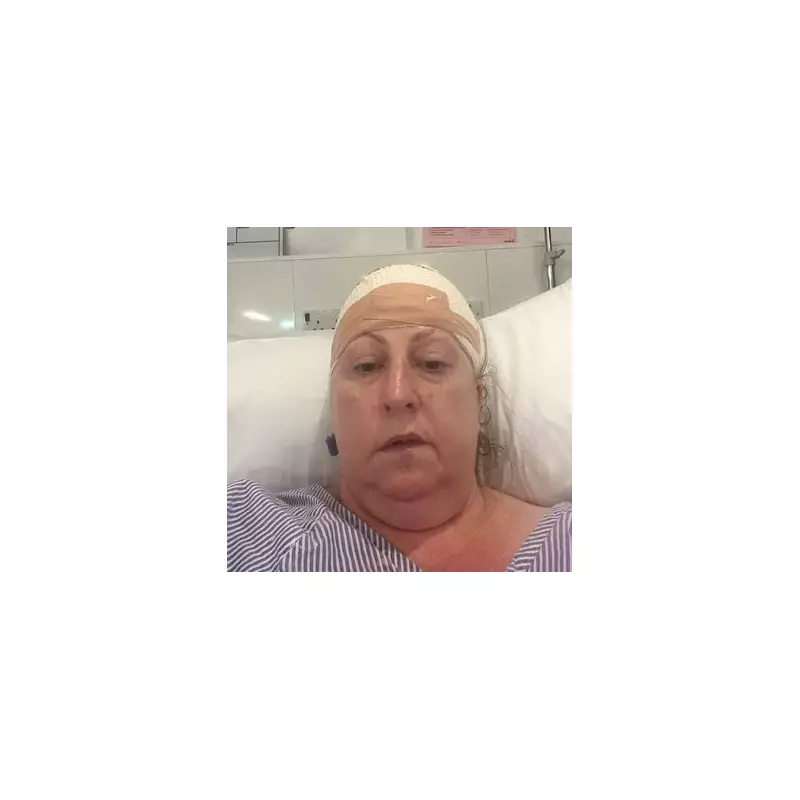
When Sarah Brown began experiencing persistent bloating, fatigue, and changes in her bowel habits, she assumed it was simply another unwelcome chapter of the menopause. Like many women in their late 40s, she dismissed her symptoms as hormonal changes and soldiered on.
But what the 48-year-old mother initially wrote off as 'the change' turned out to be something far more serious - stage 3 bowel cancer that had already spread to her lymph nodes.
The Symptoms We Should Never Ignore
"I put everything down to perimenopause," Sarah recalls. "The tiredness, the bloating, the changes in my toilet habits - I thought it was all part of the package. I kept telling myself 'This is just what happens at my age.'"
It wasn't until she noticed blood in her stool that alarm bells finally rang. Even then, she hesitated, convinced it was probably nothing serious.
The Diagnosis That Changed Everything
After finally visiting her GP, Sarah was referred for urgent tests that revealed the devastating truth. "When they said 'bowel cancer,' my world stopped," she shares. "I was completely blindsided. I'd been so sure it was menopause-related that cancer never crossed my mind."
Sarah's story highlights a dangerous trend where women's health concerns, particularly during midlife, are often misattributed to menopause. Medical experts warn that this assumption can delay crucial diagnoses.
Why Women's Symptoms Are Often Overlooked
Healthcare professionals note that many symptoms common to bowel cancer - including fatigue, abdominal discomfort, and changes in bowel patterns - overlap significantly with perimenopausal symptoms. This similarity creates a perfect storm where serious conditions can be missed.
"Women are often so accustomed to putting others first that they neglect their own health warnings," says Sarah. "We need to stop dismissing our bodies' signals."
The Road to Recovery
Sarah underwent major surgery followed by months of chemotherapy. The treatment was gruelling, but today she's cancer-free and determined to spread awareness.
Her message to other women is clear: "Don't be like me. Don't assume everything is menopause-related. If something doesn't feel right, if symptoms persist, please push for answers. It could save your life."
Key Warning Signs Every Woman Should Know
- Persistent changes in bowel habits lasting more than three weeks
- Unexplained bleeding from your bottom or blood in your stool
- Persistent lower abdominal pain, bloating, or discomfort
- Unexplained weight loss or extreme fatigue
- A feeling of not having emptied your bowels properly after going to the toilet
Sarah's experience serves as a powerful reminder that while menopause is a natural life stage, it shouldn't become a catch-all explanation for every new symptom. Early detection remains crucial in the fight against bowel cancer, particularly for women navigating midlife changes.





